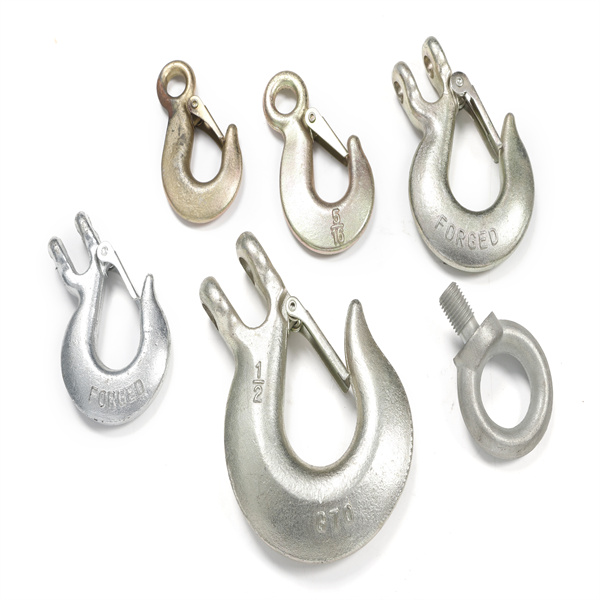Extracts from CookCountyRecord.com:
For many years now, municipalities, fire protection districts, and similar entities in Illinois offering police, firefighting, and ambulance services have typically been shielded from lawsuits by individuals accusing these agencies of not meeting the standards of care expected during emergencies. On January 22, however, the Illinois Supreme Court decided to overturn this long-standing judicial principle, ruling in a 4-3 decision that the so-called "public duty rule" should be abolished.
In this landmark decision, Justices Thomas L. Kilbride, Anne M. Burke, Charles E. Freeman, and Mary Jane Theis came together to eliminate the public duty rule, while Chief Justice Rita B. Garman, Robert R. Thomas, and Lloyd A. Karmeier dissented. The court's ruling included three distinct opinions: a primary opinion written by Kilbride, which Burke agreed with; a concurring opinion from Freeman and Theis; and a strongly worded dissent penned by Thomas.
Kilbride argued in the main opinion that "the underlying goals of the public duty rule are better achieved through conventional tort principles and statutory immunities than by a rule that automatically denies duty based solely on the defendant's status as a public entity." Consequently, the court abolished the public duty rule and its special duty exception, stating that in cases where the legislature hasn't provided specific immunity for governmental actions, traditional tort principles would apply.
This case originated in Will County, where the East Joliet Fire Protection District and other emergency response services were sued by the family of a woman who passed away at home due to paramedics' inability to respond swiftly to her breathing difficulties. According to court records, Coretta Coleman called 911 from her home in an unincorporated area of Joliet in June 2008. Following standard procedures, her call was redirected from the Will County 911 center to the Orland Central Dispatch. However, when the dispatcher tried to communicate with Coleman, there was no response. The dispatcher eventually marked her call as requiring an ambulance for an unknown medical emergency.
Paramedics arrived at her residence but received no answer to their knocks and shouts. Seeing no activity inside, they spoke with neighbors who advised them they couldn’t forcibly enter the property without police presence. The first ambulance then left the scene, prompting several neighbors to call 911 again to report the situation. A second ambulance was dispatched, and while the paramedics debated whether to break in, Coleman’s husband returned home and let them in after 41 minutes. Coleman was found unresponsive and later pronounced dead at a hospital.
Her husband subsequently filed a lawsuit alleging negligence and willful misconduct against the involved agencies. Initially filed in Cook County Circuit Court, the case was transferred to Will County, where a judge dismissed the suit citing the public duty rule. This dismissal was upheld by the appellate court.
Since the 19th century, the public duty rule has essentially meant that local governments aren't obligated to provide adequate services like police and fire protection to specific individuals. This rule has historically offered some immunity to local governments from certain types of personal injury lawsuits.
The Coleman family challenged the rule itself, arguing that it treated governments unfairly compared to citizens in injury-related litigation. While the justices disagreed on the reasoning behind the need for change, the majority agreed that the public duty rule should be abolished, stating that the state constitution's rejection of sovereign immunity meant that statutory immunities enacted by the Illinois legislature should determine when plaintiffs can sue municipalities and their related EMS agencies. If legislators wished to grant immunity to these agencies, they were free to do so.
"Our constitutional provision abolishing sovereign immunity and the passage of various statutes providing for certain immunities regarding the official conduct of local governmental entities form a comprehensive framework for balancing private and public interests in municipal tort liability," wrote Freeman and Theis in their concurring opinion. They emphasized that strictly adhering to the immunity statutes enacted by the legislature was the best way to maintain this balance.
Justice Thomas, leading the dissent, criticized the majority for disregarding established legal precedent without providing a compelling new rationale. He argued that the court should respect stare decisis, the principle of respecting previous rulings, especially given that the public duty rule had been upheld twice before without conflict with the state constitution or tort immunity laws. He emphasized that emergency responders often face uncertain and dangerous situations where they must act quickly, and they should not be burdened by the threat of litigation afterward.
Thomas also noted that local public entities frequently offer vital services that could be discouraged by the fear of liability. The case drew significant attention from public policy groups and associations across Illinois, with organizations like the Illinois Trial Lawyers Association, the Illinois Association of Fire Protection Districts, and others submitting amicus briefs.
Attorney Roman R. Okrei, a former Will County judge from Lockport, represented the Coleman family before the Illinois Supreme Court. Attorneys Stephen H. DiNolfo, Kimbley A. Kearney, and Kevin J. Clancy, representing the defendants including the East Joliet FPD, Will County, and Orland Fire Protection District, argued on the opposing side.
Thanks Dan
Metal forging is the process in which metals are formed and shaped using compressive forces. The forces are delivered using hammering, pressing, or rolling. There are a number of forging processes – cold forging, warm forging, and hot forging – which are classified by the temperature of the metal being worked with. Overall, the forging process results in a strong and durable product that is well-suited to heavy duty applications where toughness, strength, and resistance to damage are essential.

forging iron, forging stainless steel, forging process,forging metal process
NINGBO CITY YINZHOU RUICAN MACHINERY CO.,LTD , https://www.china-sandcasting.com